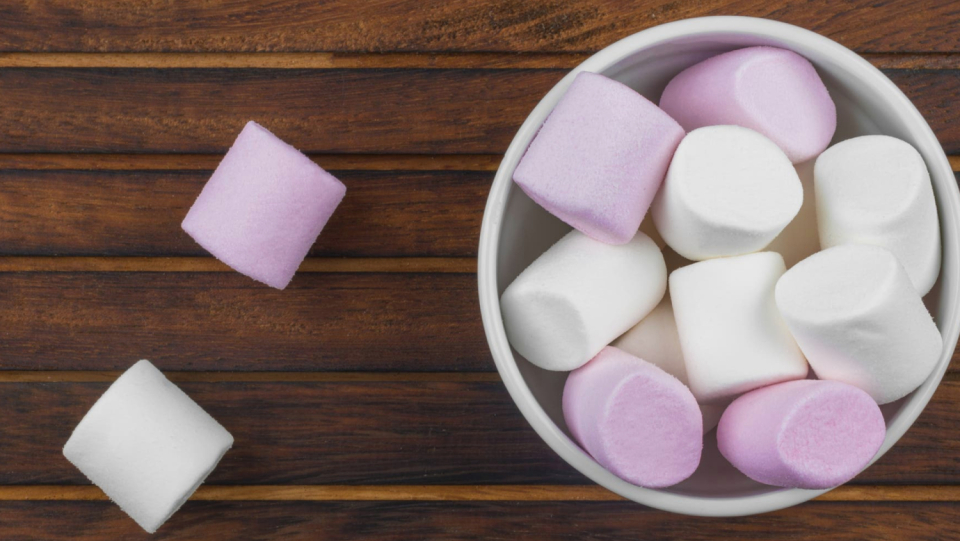A candy now – or double the reward of resisting temptation for a quarter of an hour. This is the idea behind the marshmallow test, which personality psychologist Walter Mischel developed in the late 1960s. The experiment is considered a measure of self-control. But the performance in the famous test also depends on cultural habits. This is revealed by sophisticated experiments by a Japanese-American research group, which have been presented in the journal »Psychological Science«.
The team led by Kaichi Yanaoka from the University of Tokyo compared the patience of 58 four- and five-year-old children from the USA and 80 peers in Japan in various variations of the experiment. During the classic marshmallow test, the Japanese kids waited about eleven minutes longer for a candy. "If we had only looked at their behavior with the sweets, it would have looked like the Japanese children could control themselves better," reports senior author Yuko Munakata.
However, if the scientists were not rewarded with sweets, but rewarded the young test subjects, but with a packed gift, the waiting times turned around. Now the children from the United States were for about ten minutes longer than their peers in East Asia. According to Munakata, the astonishing result can be attributed to different cultural habits. In Japan, great importance is placed on table manners when eating. There are no such strict customs in the United States. Different on birthdays or at Christmas: There, in America, it is completely normal to wait hours for finally being able to unpack a gift. In Japan, on the other hand, this is traditionally not so much associated with long patience.
In both experimental groups, those children who reported adhering more to social customs waited longer. Cultural habits could also help automate self-control and make it easier for "children to master future life situations without having to exert themselves so much," says Munakata.



















